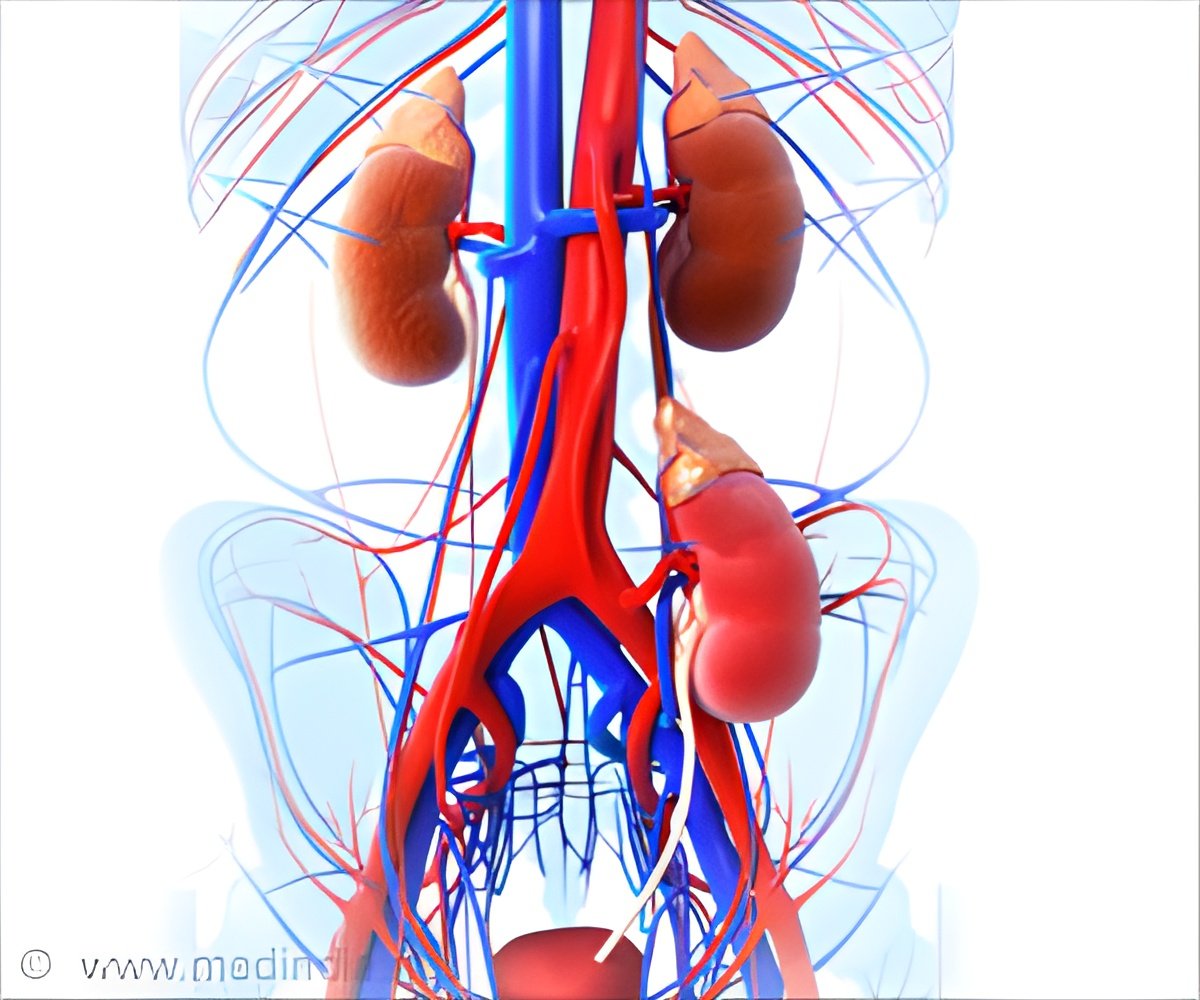
‘Biomarkers could monitor the genes which helps to predict kidney transplant rejection two months earlier.’
Read More..Tweet it Now
A renal transplant offers the best treatment for patients whose kidneys have failed, with around 3,000 carried out annually in the UK. Acute rejection occurs when the body's immune system begins to attack the donated organ. This is a common complication in the first year after the transplant, affecting around 2 in 10 patients. It can affect the lifespan of the transplanted organ. Read More..
Currently, acute rejection can only be confirmed by taking a biopsy of the transplanted organ. While acute rejection can be treated, this can only be done when the organ is already affected and damage has already occurred.
Once the new technique is validated further, it has the potential to offer clinicians the use of a simple blood test to predict rejection. Being able to intervene before the event will help prevent damage to patients, and extend the life of the transplanted organ.
Dr Paramit Chowdhury, a consultant nephrologist at Guy's and St Thomas' and author on the paper said: "This advance could make a huge difference to our ability to monitor kidney transplant patients and treat rejection earlier. It may also save some patients from an unnecessary biopsy. It is a first step in getting a better insight into the status of a patient's immune system, allowing better tailoring of the patient's anti-rejection treatment.
"A big challenge at the moment is that even the best transplanted organ has a limited lifespan of up to 30 years. By being able to pick up signs of rejection early, we might increase the lifespan of the organ and help patients have a better quality of life, for longer."
Advertisement
They then tested for the signature via a blood test in a separate cohort of patients, and validated that it predicted transplant rejection.
Advertisement
Dr Maria Hernandez Fuentes, visiting senior lecturer at King's College London and author on the study, said: "Biomarkers are naturally occurring genes or proteins that appear in the blood, which can tell us what is happening in the body. This is vital in determining the best course of treatment for patients. We were able to monitor the genes that were being expressed in transplant patients and map how these reflected their clinical outcomes.
"Being able to tell the difference between BK-virus nephropathy and acute rejection, which can look very similar in patients, just shows how we can use these molecular techniques to complement clinical practice.
"Further evaluation will be needed to fully validate the technique is reliable enough for clinical use, and it will be exciting to develop this research further."
The research is published in the journal EBioMedicine. It was supported by the National Institute for Health Research Biomedical Research Centre at Guy's and St Thomas' and King's College London, the Medical Research Council Centre for Transplantation and the EU (Framework Programme 7). Anonymised clinical data was also provided by the NIHR Health Informatics Collaborative.
Source-Eurekalert












